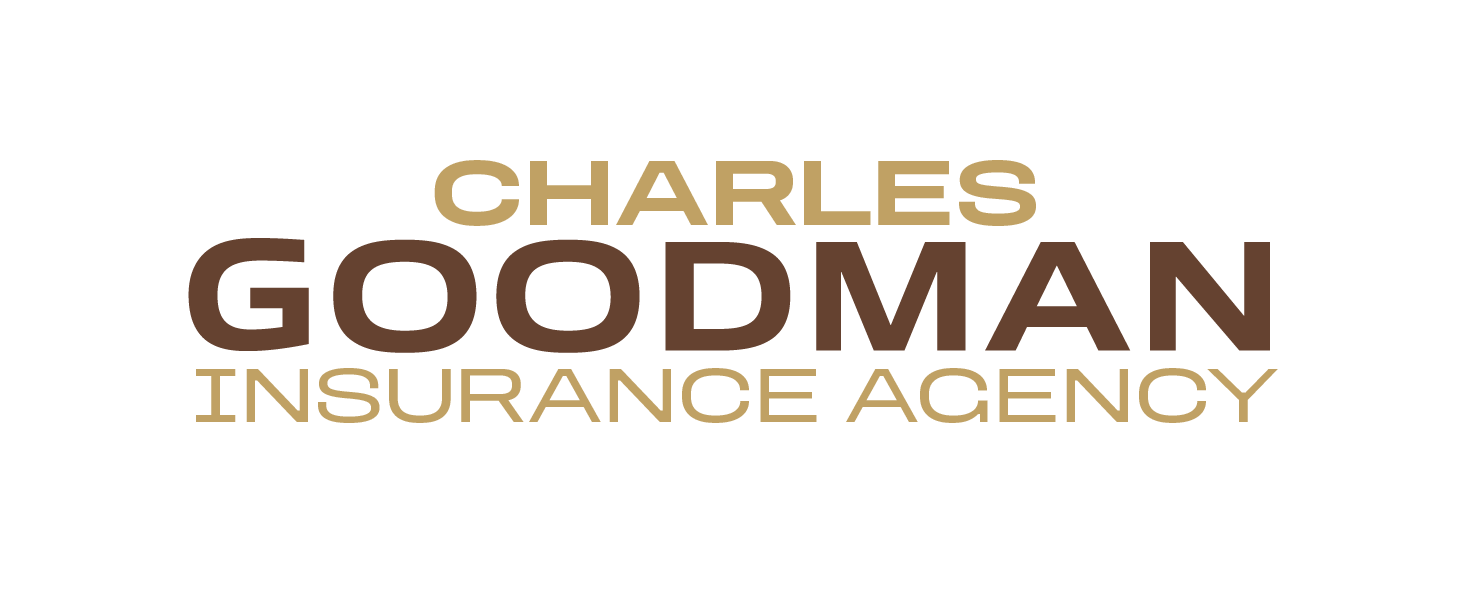Charles Goodman Group: Trusted Bedford Insurance Agents
Purchasing a home is an exhilarating and daunting task, but once all the paperwork is completed, residents have a property to call their own for years to come. Part of good homeownership is protecting the investment. With so many unknown events, from natural disasters to criminal activity, insurance must be part of the monthly bills. Understanding homeowner’s insurance and its limits gives residents a chance to add and subtract coverage choices as needed.
This insurance type was created initially to cover the basics, including theft and fire. As any Bedford insurance agent will tell their clients, these two situations are the most common claim types. If a person breaks into the home, common household items are covered. Be aware that a deductible is always variable, based on the specific insurance contract. For example, homeowners may need to pay $500 in deductibles before the insurance takes over. Fire coverage pays for household damage up to a specified limit. However, always read the fine print to ensure that certain basics are covered in case of these particular emergencies.
Insurance also provides liability coverage if homeowners invite a visitor over and they injure themselves. For instance, a visitor breaks a leg as they trip on a stairwell. If they sue the homeowners, the insurance pays for some or all of the person’s medical bills.
A trusted insurance agent from the Charles Goodman Group of Bedford can assist you with any questions regarding property insurance or health insurance.
Because lawsuits can be extremely expensive, insurance policies use extensive explanations to cover all possible claim types. If an accident does occur, speak to an insurance representative to see where the policy kicks in if necessary.
Although structural damage is covered with basic policies, some natural disasters don’t have the coverage homeowners believe is required. Read the original disaster section carefully. Major events, including tornadoes, hurricanes, floods and earthquakes, are not normally covered. If the area is prone to any of these issues, ask about additional coverage. The policy will cost more with an insurance rider, but the damage would be more expensive without the coverage. Water damage alone costs thousands of dollars to fix without insurance because all wet materials, including drywall, must be removed and replaced. Be sure of coverage stipulations to have peace of mind in a disaster.
If there is any confusion over a policy, never feel uncomfortable about asking for help. Because insurance policies are born out of legal wording, some of the sections can be confusing. Talk with a professional about any concerns before signing up for a policy. Once it’s in effect, it cannot be altered until the policy period expires.
